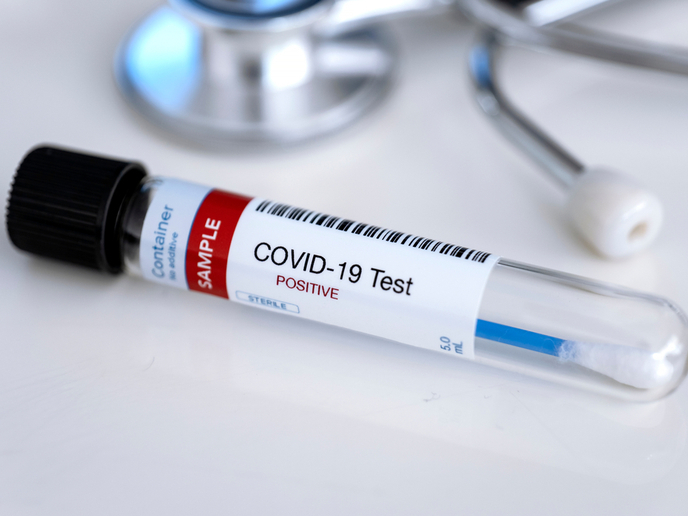Liver cirrhosis and hepatitis link
Hepatitis B and C are debilitating viral diseases. They can both lead to lifelong liver malfunction and can ultimately cause scarring, characterised by fibrotic tissue that leads to loss of function, cancer and overall liver failure. To date, vaccination for hepatitis has not been based on the cellular and molecular mechanics of immunology but on an empirical basis. The overall project aim of MEMOVAX was to investigate immunological memory and to piece together a rational strategy for vaccination. As an integral part of the project, this particular research study investigated the role of invariant natural killer T cells (invNKT cells) in the development of fibrosis in hepatitis sufferers. The investigation hinged on the presence of CD1d, a molecule recognised by inv NKT cells. CD1d then promotes the production of cytokines, a process that can be a forerunner to tissue damage and fibrosis leading to cirrhosis and cancer. Groups studied included a healthy control, viral hepatitis patients with and without signs of cirrhosis and individuals with heptacellular cancer. Absence of CD1d in control livers but strongly expressed in those with cirrhosis indicated that invNKT cells respond to damage caused by the viral agents which then promotes a pathway leading to fibrosis and then cirrhosis. Further elucidation of these molecular pathways could lead to a planned approach for disease treatment based on cellular responses before and after vaccination and the possible development of a hepatitis C vaccine.







